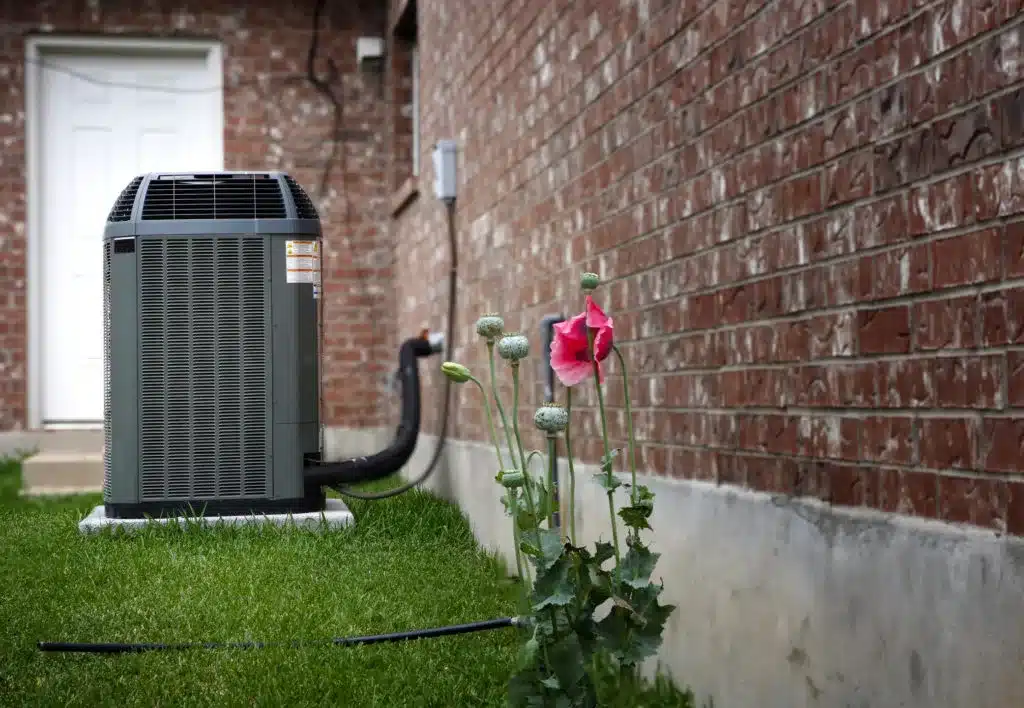HVAC Refrigerant & SEER Changes in 2023

The U.S. Department of Energy recently made changes to standards that may affect homeowners installing or replacing HVAC systems in the near future. These changes involve SEER ratings and refrigerants used in HVAC systems across the country.
What Is SEER?
An air conditioning unit’s Seasonal Energy Efficiency Ratio (SEER) describes its cooling output as compared to its consumption of electrical energy. Units with a higher SEER rating are more efficient than others. Prior to the DOE changes, new air conditioning units in northern states had to have a SEER rating of 13, while units in southern states had to have a rating of 14.
What About SEER Is Changing?
As of January 1, 2023, new air conditioner SEER requirements went into effect. Units in northern states must now have a SEER rating of 14, while those in southern states must have a rating of 15. Beyond that, the HVAC industry is adopting the SEER 2 standard.
What Is SEER 2?
SEER 2 still describes the heat removed from a space in contrast with the energy it uses, but the testing conditions required to determine the ratio are changing to more accurately reflect real-world situations.
AC Refrigerant Is Also Changing
For many years, the HVAC industry used Freon (R-22) as its primary refrigerant in cooling systems. The industry has been moving away from Freon in favor of Puron (R-140). R-140a has grown in popularity but is actually a hydrofluorocarbon (HFC) with significant global warming potential. The U.S. Environmental Protection Agency is requiring a reduction in the use of HFCs by 85% in the next 15 years. In 2023, the HVAC industry will continue to design and manufacture products that minimize ecological impact. This has already started with a focus on A2L refrigerants that industry leaders expect the government to require by 2025, as well as R-454b. These newer refrigerants are better rated against Global Warming Potential (GWP).
 SCHEDULE SERVICE NOW
SCHEDULE SERVICE NOW
The Pros and Cons of These Changes
Ultimately, the aim of SEER and refrigerant changes is to lessen the effect HVAC systems have on our environment. As global warming increases, standards and practices that are environmentally friendly will become even more essential.
As HVAC systems become more energy-efficient, homeowners should see reductions in energy costs.
On the downside, replacement parts for existing systems will become harder to find as those systems age. Parts inventory for new systems will also have challenges while infrastructure for them is developed and come online.
What Should Homeowners Do Now?
If your system is new or in good shape, you won’t need to do anything for many years. If you think you may need a new HVAC system, you may want to do it sooner than later. Stay mindful of HVAC-related announcements from the DOE and EPA to make informed decisions about your home’s HVAC system. With the pace of legislation and regulations developed to protect against climate change, it’s more important than ever to stay informed.
Schedule HVAC Services in Iceberg Home Services
Serving the greater Orlando area, Iceberg Home Services is here to help with all of your air conditioning needs. If you think it’s time to have your air conditioner replaced, our highly experienced technicians can remove your old system and install a new, energy-efficient unit so that you can have reliable cooling at low costs.
Schedule your HVAC system service now with Iceberg Home Services. Give us a call at (863) 223-1849 or contact us online.
TODAY!

